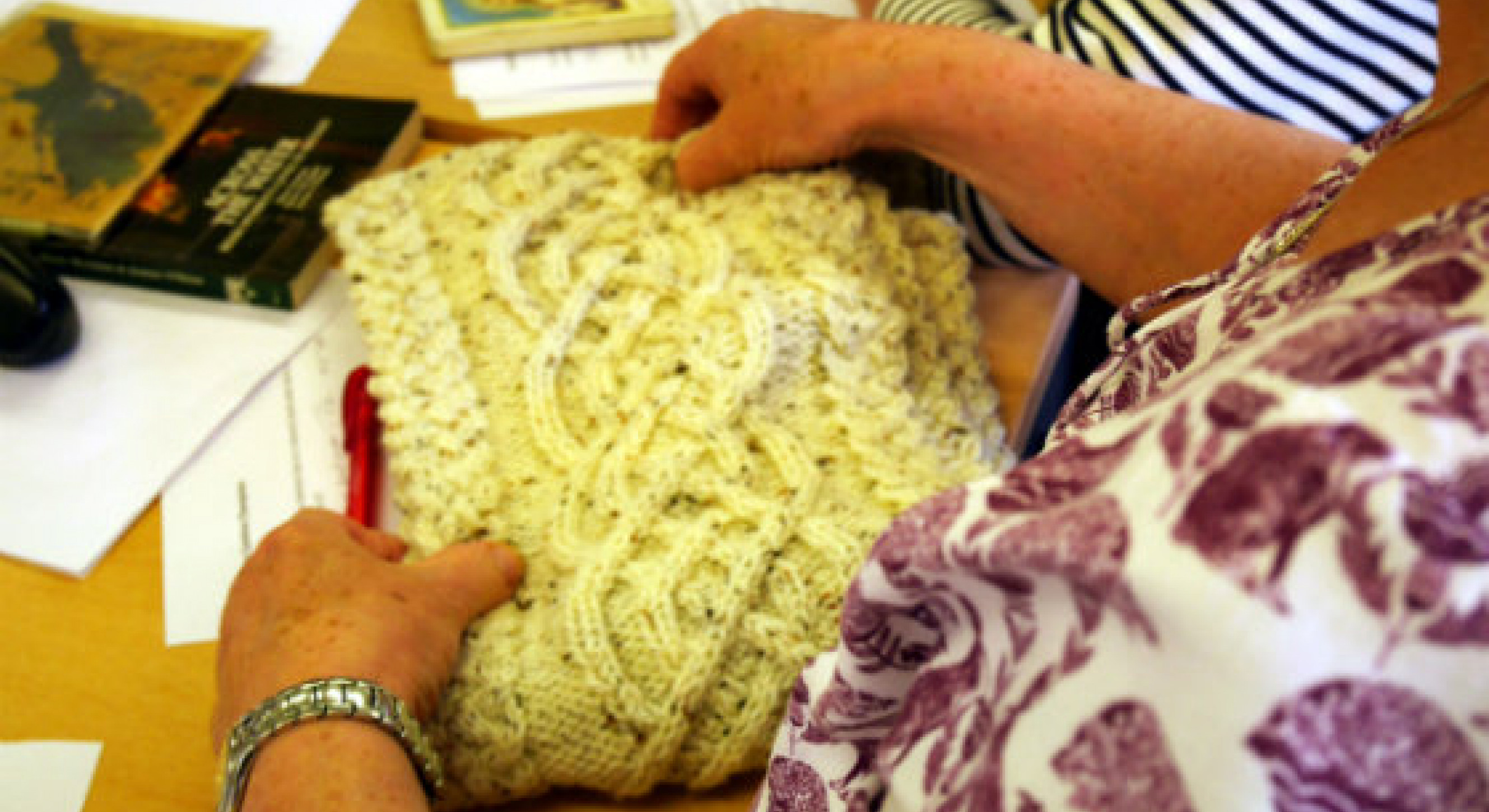We have no wish to create or add to anxiety about coronavirus (COVID 19), but it is important to flag up the elevated level of risk within the Irish community in Britain. The World Health Organisation has determined that coronavirus has created a public health emergency of international concern. Public Health England states that “coronavirus can cause more severe symptoms in people with weakened immune systems, older people, and those with long–term conditions like diabetes, cancer and chronic lung disease”.
Clearly, people in these categories are at risk of more severe illness or even death, but it is not always acknowledged that Irish people in Britain are overly represented in these groups.
Because of high levels of emigration in the 1950s and 60s, the Irish community in Britain has an older age profile than the majority population or other minority ethnic groups. Age alone has a negative impact on the immune system, making us less able to fight infections. In addition, we have high levels of chronic illness across all ages, but especially in the older age group. Much of that long–standing, limiting illness affects the lungs making them much more susceptible to infections and pneumonia.
Irish people also experience the highest levels of cancer in England and Wales. People may be undergoing or have undergone cancer treatments or are in contact with others affected by cancer. These treatments weaken the immune system, not just during treatment but often afterwards.
Coronavirus couldn’t happen at a worse time for the older Irish community. St Patrick’s Day celebrations are a time for isolated or lonely people to get out of the house, meet friends and enjoy support and company. As public events are cancelled and those aged over 70 are asked to undertake some form of self–isolation to limit exposure of the virus, the impact on our community will be significant.
Many older and isolated people have few opportunities for socialising, keeping in touch with their rich Irish culture and staying connected. We will coordinate responses as a network, whether that is a phone call, a card or a visit or shopping delivery, providing this is still advisable.
As parades, community lunches, concerts, tea dances are closed, community organisations will need to be adaptive and flexible. Irish in Britain will help make sure the Irish community get up–to–date information. We will also ensure that volunteers and community responses are partnered with local services and networks where possible, to avoid duplication and to improve reach to those most isolated and vulnerable.
We are liaising with our member organisations all over the country to coordinate information, messaging and advice.
Public Health England and the UK Government are escalating planning for a major outbreak. However despite government reassurances there are major concerns about the ability of the NHS to cope, not if, but when the virus spreads. It is in all our interests to delay that as long as possible, by following advice about handwashing, coughing and especially avoiding unnecessary social contact.
Our members have a proud history of meeting the needs of our most vulnerable and isolated – our challenge is to ensure no one gets left behind. The spirit of kinship and community is the message we advocate in this week and month of St Patrick’s Day.
Mary Tilki Independent Health Consultant
Brian Dalton CEO Irish in Britain
